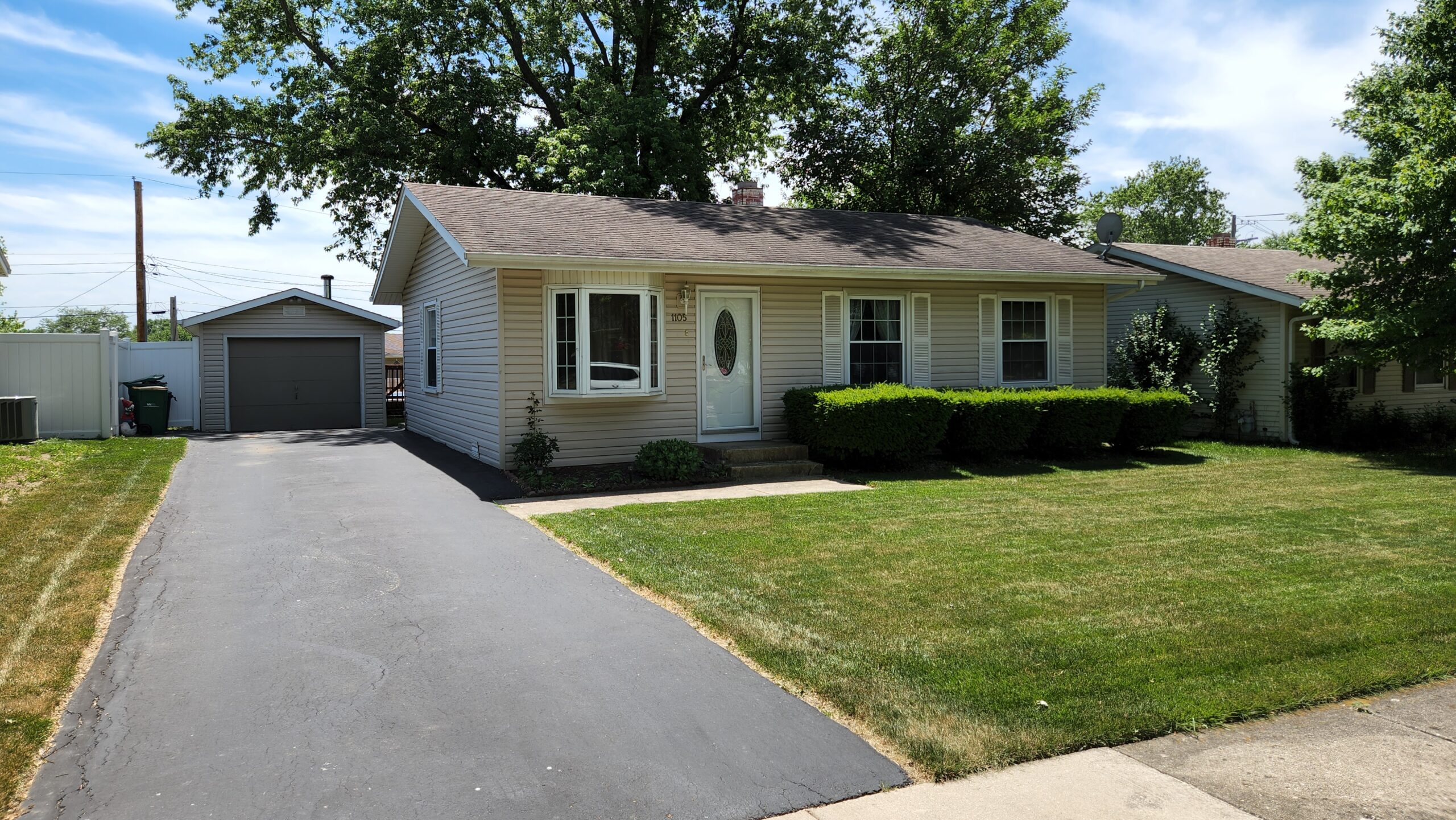
How many HGTV shows have you seen featuring house flipping? Flip or Flop, House Hunters Renovation, and Fixer Upper are just the start. Check out how many different flipping shows there are and this is on only on HGTV!
Count me in the many of people who do watch these shows. Those who know what I do for a living often will ask if I watch these shows expecting me to say, “no”. I find them entertaining and do watch from time to time when I can. However, it is entertainment and is far from a blueprint to actually flipping a house. Here are 5 big differences from real life that’s common on the TV shows:
1. Predictable Script Templates in House Flipping Shows
If you’ve ever watched a house flipping show on TV, you’ve probably noticed a familiar pattern in nearly every episode. The flippers excitedly lay out their renovation plan and budget—let’s say $75,000—only to “suddenly” uncover a big, unexpected problem once the walls come down. Cue the dramatic music and a quick call to the contractor or structural engineer. After a bit of back and forth, what originally felt like a major crisis usually turns out to be a moderately priced, fairly routine fix. It’s a pattern repeated over and over again. Another go-to twist is when they plan to convert a half bathroom into a full bath—only to realize it’s not structurally possible or within budget. Shows like Love It or List It are particularly guilty of this formula, using the same predictable arc to keep the suspense alive. While entertaining, this “unexpected setback” narrative often feels more like a scripted twist than a real renovation challenge.
2. The Numbers Don’t Really Add Up – What House Flipping Shows Don’t Tell You
One of the biggest misconceptions about real estate investing—especially the kind portrayed on popular house flipping shows like Flip or Flop—is the profit margin. These shows often skip over the full breakdown of expenses and conveniently leave out major costs. When you see a house purchased for $50,000, renovated for $100,000, and sold for $200,000, the show implies a tidy $50,000 profit. In reality, this number is misleading.
What the TV audience doesn’t see are the hidden or ignored costs that seriously impact real estate investment profits. These can include closing costs, property taxes, mortgage interest, real estate agent commissions, utility bills, homeowners insurance, holding costs during the renovation, and more. In states like Illinois, for example, it’s standard practice to involve attorneys in the sale, adding title fees and legal costs to the mix. None of this is factored into those flashy, made-for-TV profit calculations.
Also, it’s important to remember that many of these flippers are being paid by the production companies in addition to whatever they make on the house sale. This supplemental income helps cover their risk but creates a distorted view for viewers thinking about flipping their first house. The truth is, successful real estate flipping requires careful budgeting, market knowledge, and an honest look at all expenses—not just the purchase and renovation numbers.
3. Timelines
In real estate investment, project timelines are rarely as quick or predictable as they may appear on TV. In reality, investors often face delays due to city permitting processes, unpredictable weather conditions, and the availability of contractors and inspectors. Before any renovation even begins, there’s a lot of behind-the-scenes work involved—such as submitting permit applications, waiting for city approvals, and scheduling with tradespeople—which can take weeks or even months. On home renovation shows, “Day 1” typically starts after all this prep work is complete, giving the illusion that the transformation kicks off the moment the property is purchased. In the real world, real estate investors must be flexible, patient, and prepared for unexpected delays that are beyond their control.
4. Selling Process
Once the renovation is complete, these house-flipping shows often cut straight to a packed open house, filled with seemingly eager buyers walking through the beautifully staged property. But how many of these people are truly serious about making an offer? In reality, much like a typical open house in any neighborhood, a large portion of the foot traffic consists of curious neighbors, casual browsers, or first-time homebuyers just starting to explore the market. The flashy scenes make it seem like the home will be sold the next day, but that’s rarely the case in real life. Even when a buyer does make an offer and the property goes under contract, many of these deals can fall apart during the inspection, financing, or appraisal stages. These critical moments are often left out of the final episode, so viewers don’t see the back-and-forth negotiations, delays, or failed closings that happen behind the scenes. The real selling process is more complex, and far less glamorous, than what the final minutes of a home renovation show reveal.
5. Drama and Negotiations
If you’ve ever watched a house flipping show, you’ve probably noticed how often arguments erupt between investors and contractors over work quality, timelines, or pricing. While it’s true that disagreements can happen in real estate investing, the constant drama portrayed on TV is often exaggerated for entertainment. In reality, seasoned investors know that consistently pressuring or undercutting contractors on pricing can damage long-term working relationships. A good contractor is worth maintaining, even if it means paying a fair rate. What these shows rarely highlight is the many times an investor’s offer is simply rejected by a seller—and instead of creating drama, they just move on to the next potential property. Real estate investing is often more about patience, professionalism, and persistence than shouting matches and last-minute rescues.
continue reading
Related Posts
It's time to navigate to a new city to reinvent your daily rhythms—but it also comes with real stakes...
Retirement often invites the question: what now? For many, the
Selling a home means stepping into a psychological game with your buyer--what do you fix before selling? You’re not just listing square...







